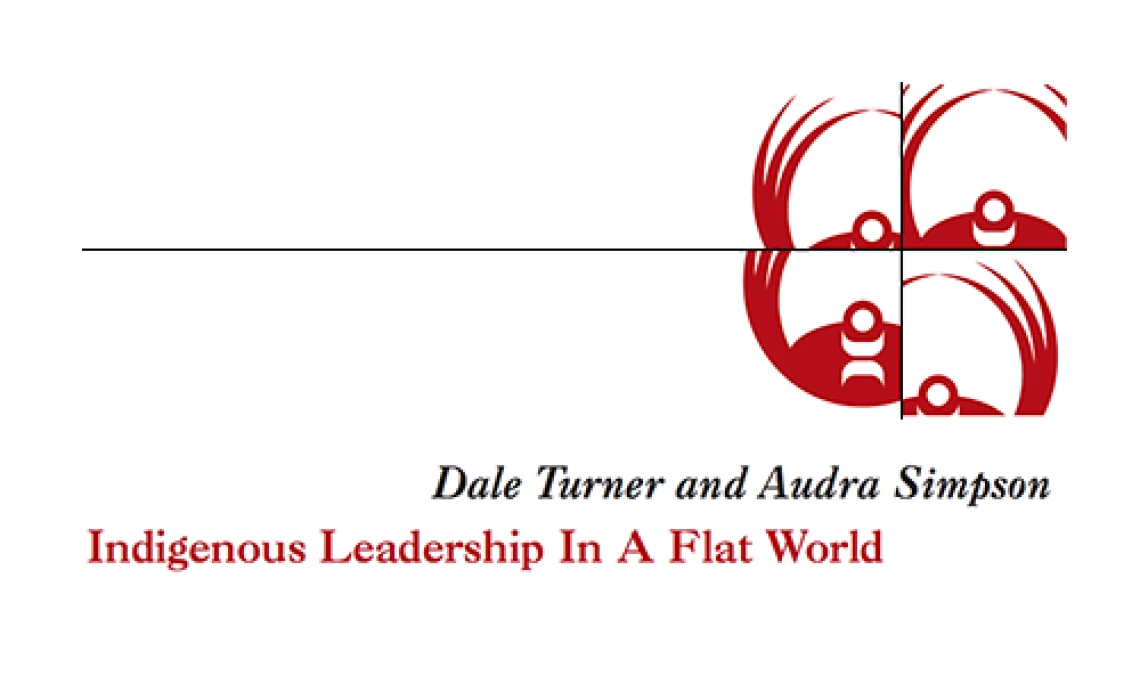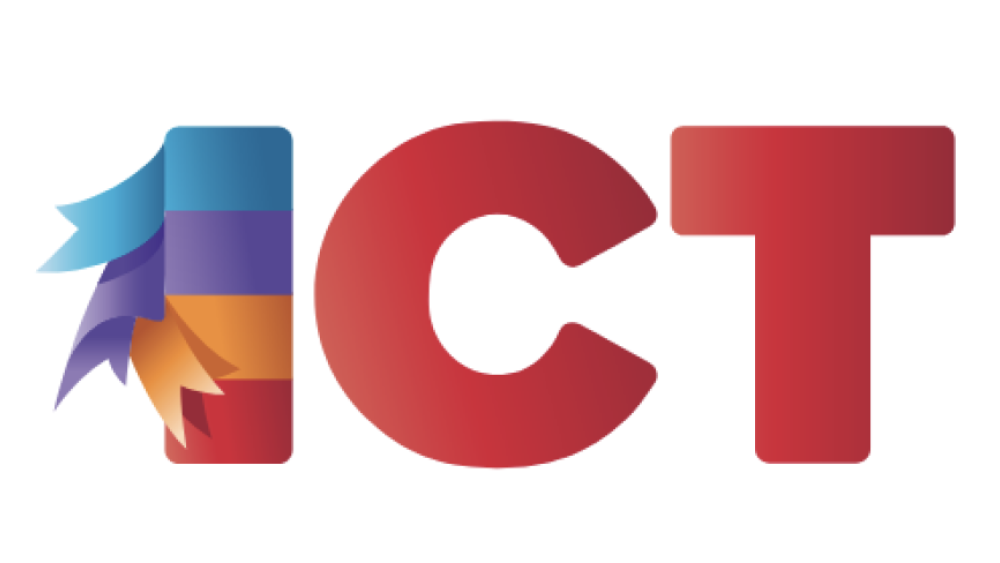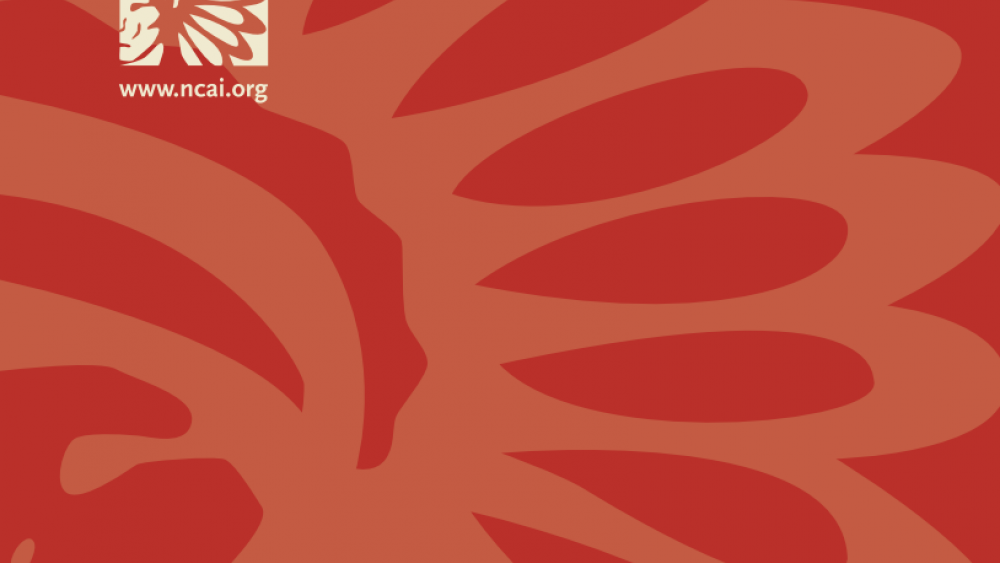The world is flat, so we are now told. In his recent book The World is Flat: A Brief History of the Twenty-First Century, Thomas Friedman argues that since the beginning of the Twentieth century globalization has evolved at an astronomically fast rate. As a result, the world is now inter-connected in complex ways such that time and space between peoples, nations, and individuals no longer matter. The economic, political, and technological realities of the twenty-first century have profoundly leveled the global playing field and there is no turning back. The argument, although decidedly Eurocentric, shows quite clearly that the fate of Indigenous peoples remains under serious threat of political and cultural annihilation.
In this discussion, we begin from this idea of a flat world and reflect on the idea of leadership and what it means for Aboriginal peoples to survive, not only in a complex modern world, but to thrive as distinctive Indigenous nations within it. The fact is, Indigenous peoples have not fallen off Friedman's flat world. Indeed, whatever the metaphor the dominant culture uses to understand modernity, the world's Indigenous peoples remain an integral part of humanity, and modernity. This paper represents a call to our people, especially our young people, to take up the challenges of so-called modernity and return Indigenous peoples to our rightful place within the global community.
Additional Information
Turner, Dale, Audra Simpson. "Indigenous Leadership in a Flat World". Research Paper for the National Centre for First Nations Governance. The National Centre for First Nations Governance. Canada. May 2008. Paper (https://fngovernance.org/wp-content/uploads/2020/09/turner_and_simpson.pdf, accessed July 25, 2023)



